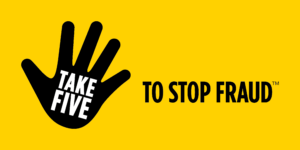How to recognise abuse and neglect – 4
 Domestic abuse
Domestic abuse
is when abuse occurs between partners, former partners or by a family member. It can include psychological, physical, sexual, financial or emotional abuse as well as ‘honour’ based violence, forced marriage and female genital mutilation.
There is information and advice about Domestic Abuse in our posts from the Talk About Abuse campaign
https://southashford.org.uk/index.php/category/site/domestic-abuse/
Help
If you are affected by domestic abuse, or you think a friend or family member may be, there are specialists who can help you.
Contact Kent County Council on 03000 41 61 61 or if someone is in immediate risk, dial 999. Support will be provided by specially trained people to victims of abuse and those who report it
Ashford Domestic Abuse One Stop Shop offers free advice, information and support from a range of agencies under one roof to help victims of domestic abuse. Domestic abuse can affect anyone and therefore, if you are a man or a woman and would like to discuss your issues, you are welcome to attend. No appointment is required just turn up.
The Willow Centre, Brookfield Road, Ashford, Kent TN23 4EY
Telephone: 07598 74504
Opening times: Every Tuesday morning 9.30am – 12.30pm
Domestic Abuse Support in Kent website, a new resource covering Kent and Medway providing advice and information on services for victims, friends & family, and perpetrators of Domestic Abuse.http://www.domesticabuseservices.org.uk/
Citizens Advice online advice on domestic abuse, where you’ll find lots of organisations that can help.
If you think a friend or family member may be experiencing domestic abuse, see Citizens Advice’ guidance on how you can talk to them about it and direct them to places where they can get further help.
#StopAbuseKent
#talkaboutabuse





